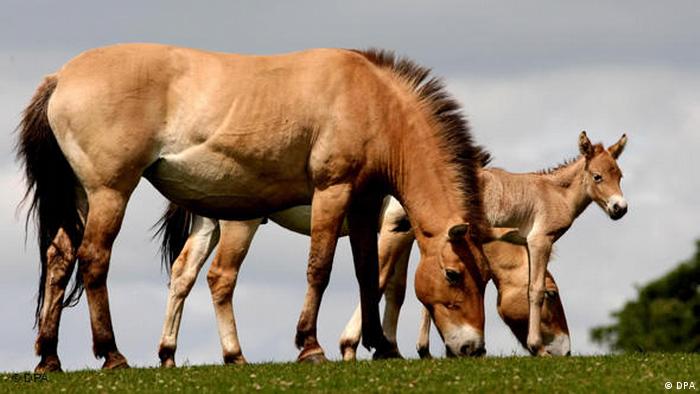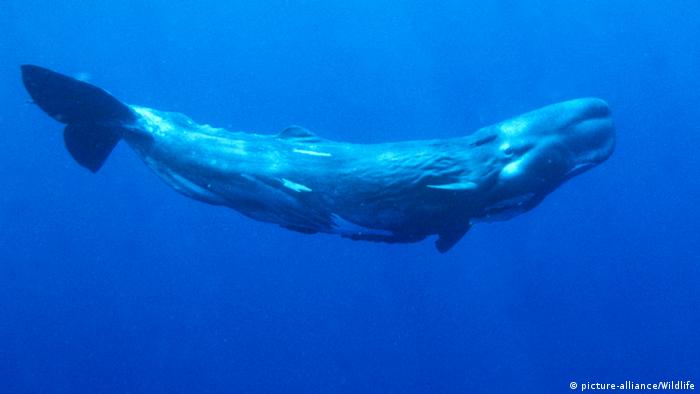Swiss researchers have let sleeping subjects fantasy words to learn. The brain can thus capture even unconsciously information. As a substitute for vocabulary cramming the method is not suitable.

People can learn in their sleep unconsciously new terms and with specific associations. The Bernese psychology Professor Katharina Henke and her colleagues Marc Züst, and Simon Ruch an Experiment in the sleep laboratory showed.
The researchers played 41 subjects in the sleep with headphones pairs of words. Of a term was purely invented word. The other was a well-known word with a typical property. After Waking up, the study participants were able to retrieve the terms and their meaning, the researchers report on the 31. January 2019 in the journal “Current Biology”.
The large or the small?
So a sleeping subject, for example, heard the word pair “Guga – bird”, another is “Guga – elephant”. The next day, the subjects were asked whether Guga is something large or small, whether it fits in a Shoe box.
As long as the words were played in the “Up-State” referred to the deep sleep phase, were able to classify the subjects, 60 per cent of the fancy words correctly. In this very short stage of sleep, all brain cells are active together. The phases each last for only about half a second. They alternate with so-called “Down-State” phases, in which there is no activity between the different brain areas.
More to the brain:AI: the Computer transforms thoughts into the robot language

The electroencephalogram shows, in what state is the deep sleep stage of the subject in Berne.
In which of the phases the brain was exactly in the Moment of vocabulary learning, the researchers determined through an electroencephalogram (EEG). This measures the electrical signals in the brain.
Please do not use the language course during the Sleep run!
Co-author Züst warned against the German press Agency (dpa), however, against interpreting the study results is incorrect: Although the Experiment show that it is possible to learn in the Unconscious. But it would be useful to have at night with the vocabulary of music on in the background, in the hope that something will remain hanging. Rather, a permanent noise-drip irrigation interferes with healthy sleep. In this respect, this could also have unintended consequences.
Something happens in the brain: marijuana: Cannabis stimulates the grey cells in the brain to
Video 06:17 live Now 06:17 Min. Share
The disturbed sleep on the trail
Send Facebook Twitter google+ Tumblr VZ Mr. Wong Xing Newsvine Digg
Permalink https://p.dw.com/p/1I5mx
The disturbed sleep on the trail
Nevertheless, the finding that unconscious Learning is possible could help in the treatment of various diseases. Peter Young, Chairman of the German society for sleep research and sleep medicine said: “This is a new Dimension to the understanding of sleep.” He could imagine that the findings could help in Rehabilitation after accidents or diseases.
During Sleep, we process what we have learned in the waking state
It is already known that in the conscious state Learned by the sleep is solidified, Young said: “anyone Who plays in the evening, the flute, the piece often in the morning better because of the learning effect will be consolidated in to a good night’s sleep.” Against this Background, the new study demonstrates “the importance of sleep for Learning.”
Co-author Henke also sees possible fields of application in people with learning difficulties. May be a two-stage learning procedure could be developed, the Learning in the awake state by the unconscious sleep-Learning.
fs/af (dpa)
More on the psychology: On “Black Friday” forget the brain all other








